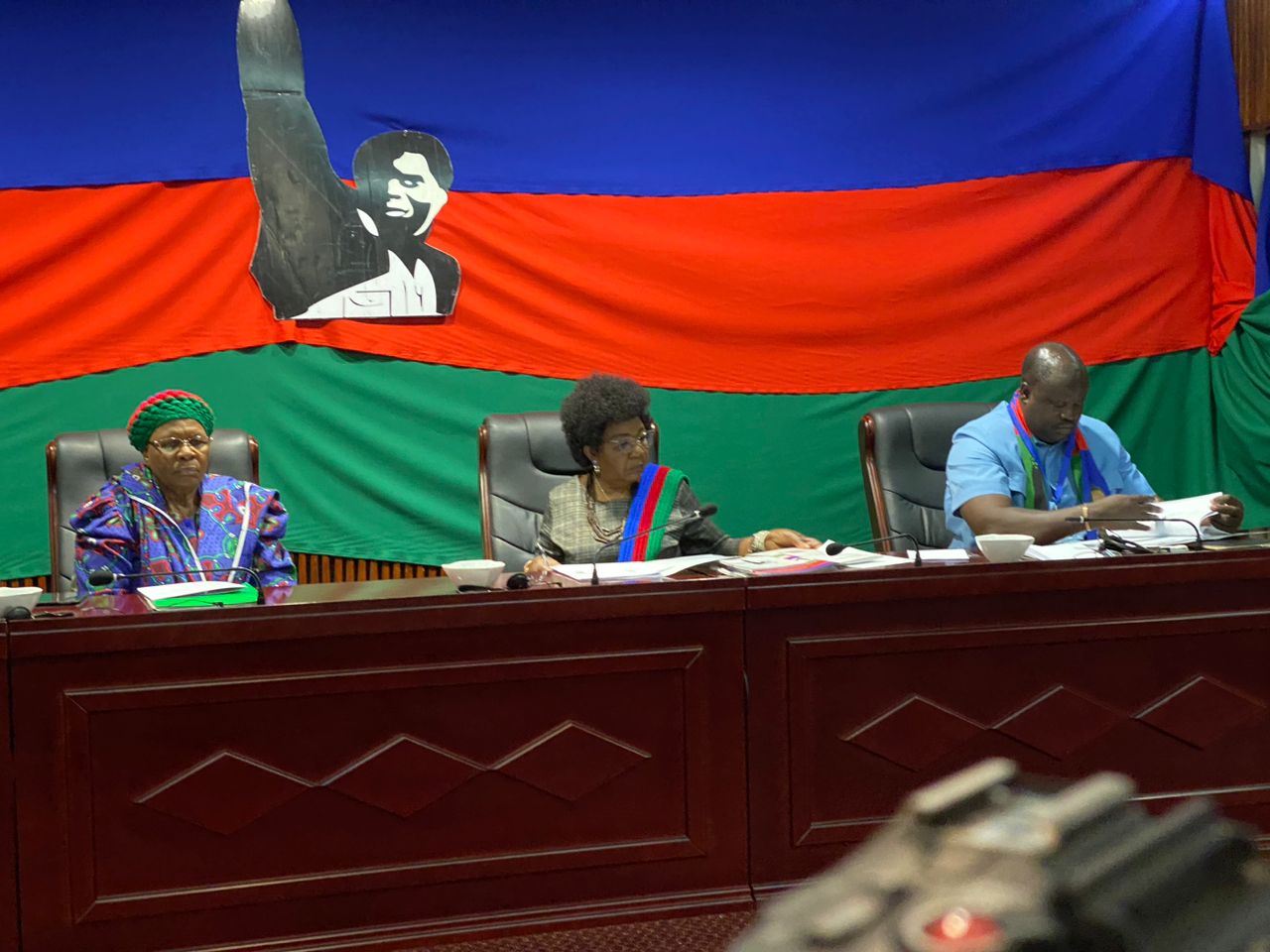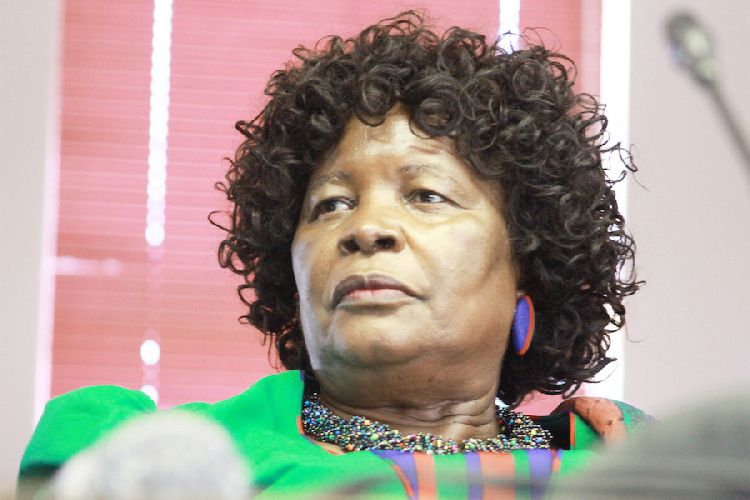NAMIBIA is facing another drought and there is risk that some regions of the country will experience severe water shortages in the future. However, the effect of water shortages will be felt throughout our society, and while some of the effects are not as obvious as others. All are of importance.
The most immediate worry resulting from a reduced supply of clean water is livelihoods – be it food supply, sustainability of crops and livestock, or health; in the long-term, the drought will also have an impact on business productivity, employment and even GDP. However, there are many other implications of water scarcity, including the likelihood that the incidence of domestic violence will escalate.
Water shortages can be a trigger for domestic violence. Often it is the women in communities who fetch water from local boreholes or water tanks as part of their household duties. When water shortages occur, women may have to travel longer than the usual distances to fetch the water – a delay that some husbands might find unacceptable. For example, in the south-east of Uganda, water scarcity led to some women reporting being beaten by their husbands.
We know that in Namibia domestic violence occurs due to failure to complete household tasks. Other cases in Uganda have been where a husband has become suspicious that his wife is having an affair in the time they say it takes them to get water. Here in Namibia, all too often we do hear stories of “passion killings”.
In another report from Uganda, it was stated that women were not only beaten at home, but were also more vulnerable to rape while they walked further to collect water from wells. In Namibia, we too hear of stories of people attacked, even raped, when walking through riverbeds or other isolated places.
Domestic violence is already a major issue in Namibia. Data shows that at least one out of every three women in Namibia is likely to be beaten, coerced into sex or otherwise abused in her lifetime and a study from 2008 reported that 41% of female respondents and 28% of male respondents had experienced physical or sexual violence from an intimate partner at some point during the seven years prior to the survey, with intimate partner violence directed against women generally being more severe than that directed against men.
We know that nine out of 10 people, who apply for a protection order from the courts, are women. Additional pressures, such as water shortages, are likely to increase the incidence of domestic violence against women, unless action is taken.
At this time of increased stress, we want to emphasise that if you or someone you know is experiencing domestic violence, you do have options.
These include:
1) You can make an application for a protection order. A protection order is a court order saying that the abuser must stop the violent behaviour, stay away from the people who are being abused, or even leave the family home altogether;
2) You can lay a charge with the police; or
3) You can ask the police to give the abuser a formal warning.
You can go to the police and apply for a protection order at the same time. Violence is not an acceptable response to conflict in relationships and should be stopped.
The Legal Assistance Centre recently urged all water users to save water, and provided a workplace water policy for companies and businesses to encourage water saving. We did this because of the vast implications a drought will have.
As a nation we need to understand that we have a right to water but we also have a responsibility to use water wisely, otherwise water shortages will have many negative social effects throughout the country. Water-related domestic violence is one of these negative effects and it can be prevented.
We cannot ignore the consequences of a water shortage to society. Our health, economy and safety depend on it. The LAC calls on all people to understand their responsibility and the risks associated with water shortage and to be wary of cases of domestic violence exacerbated by water shortages.
Stay informed with The Namibian – your source for credible journalism. Get in-depth reporting and opinions for
only N$85 a month. Invest in journalism, invest in democracy –
Subscribe Now!






